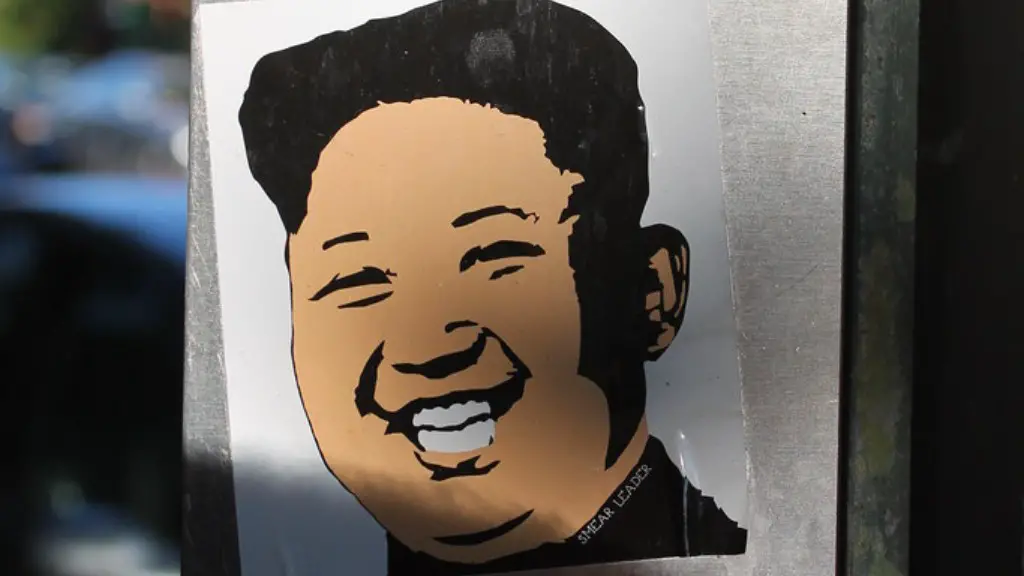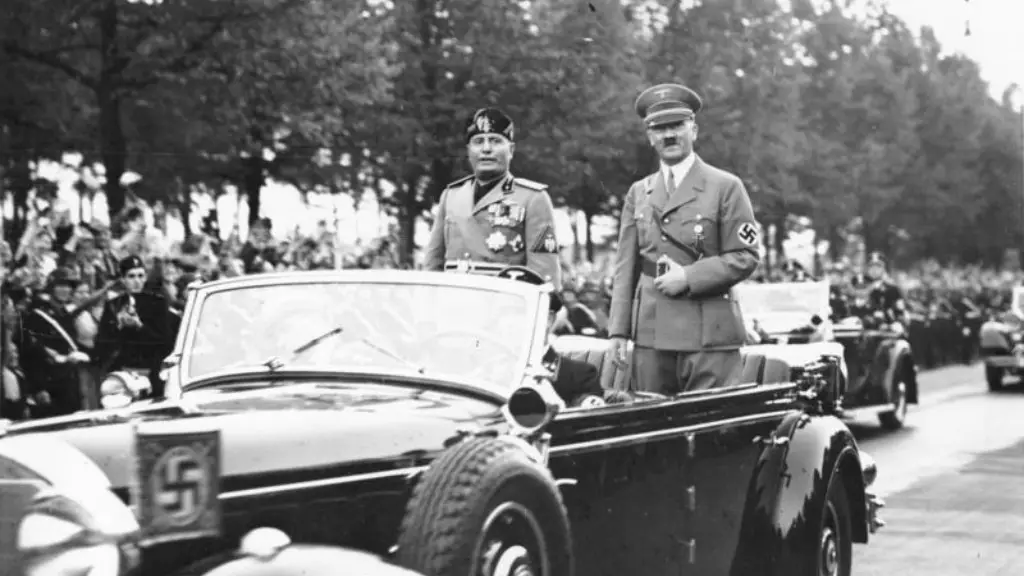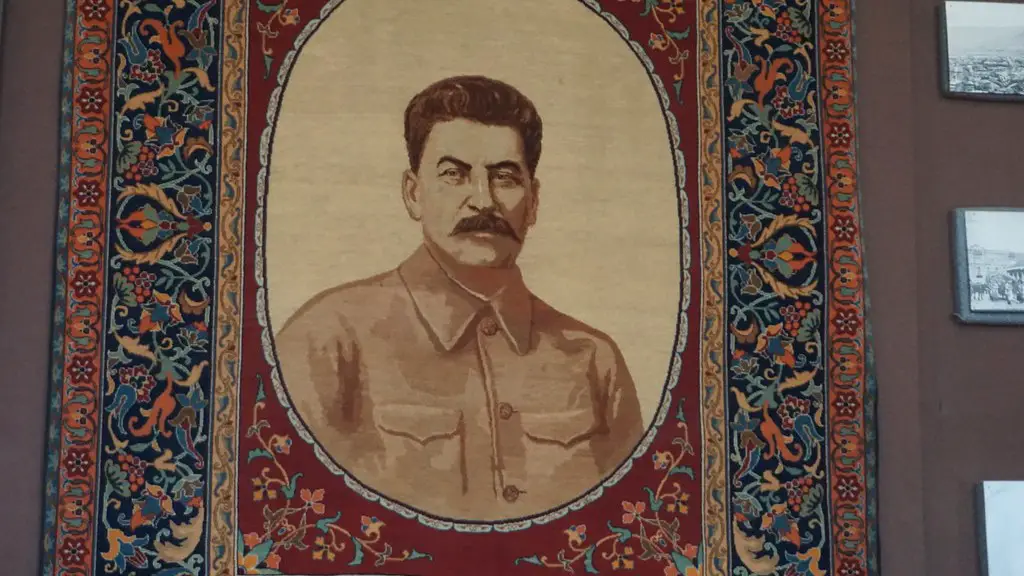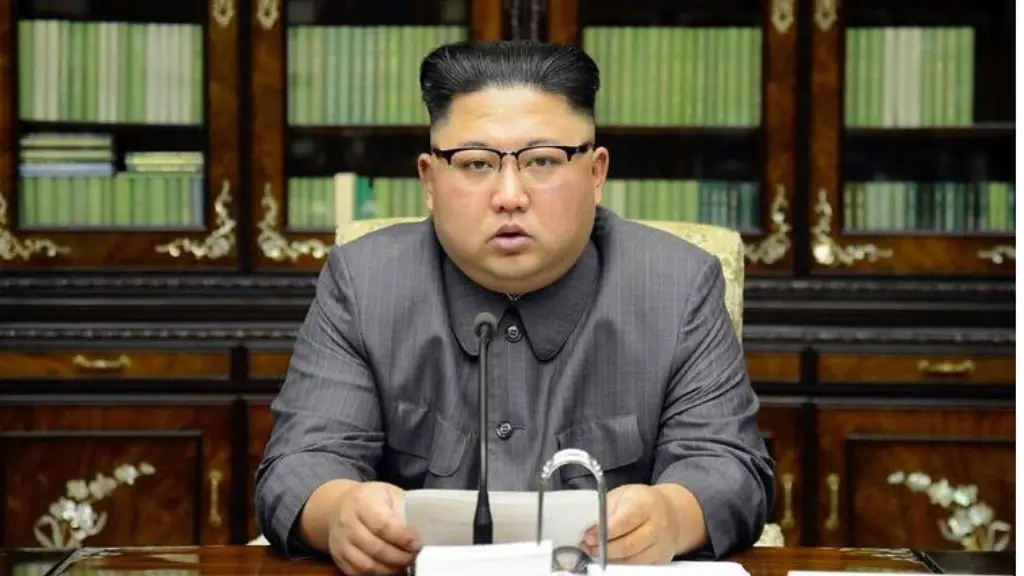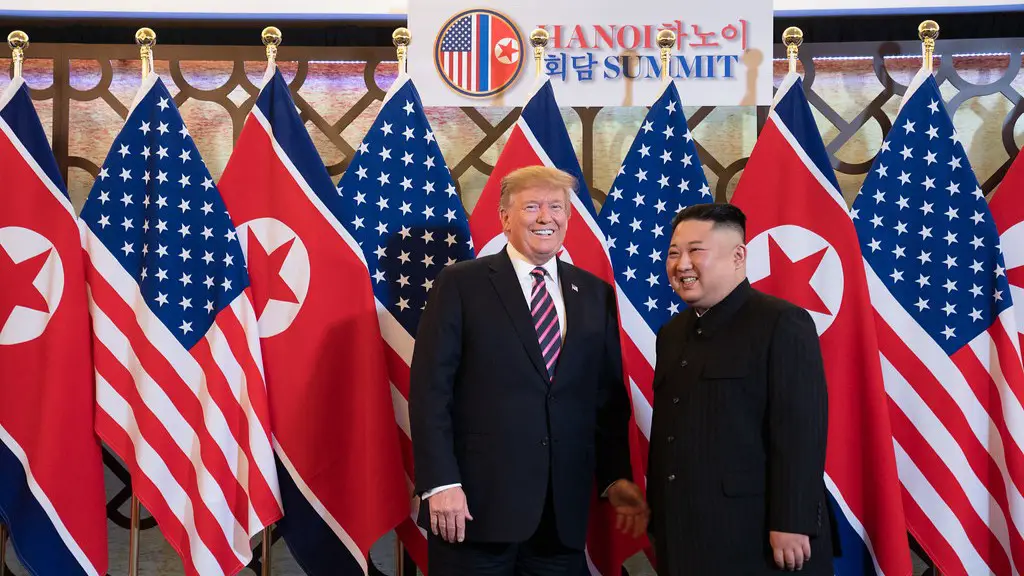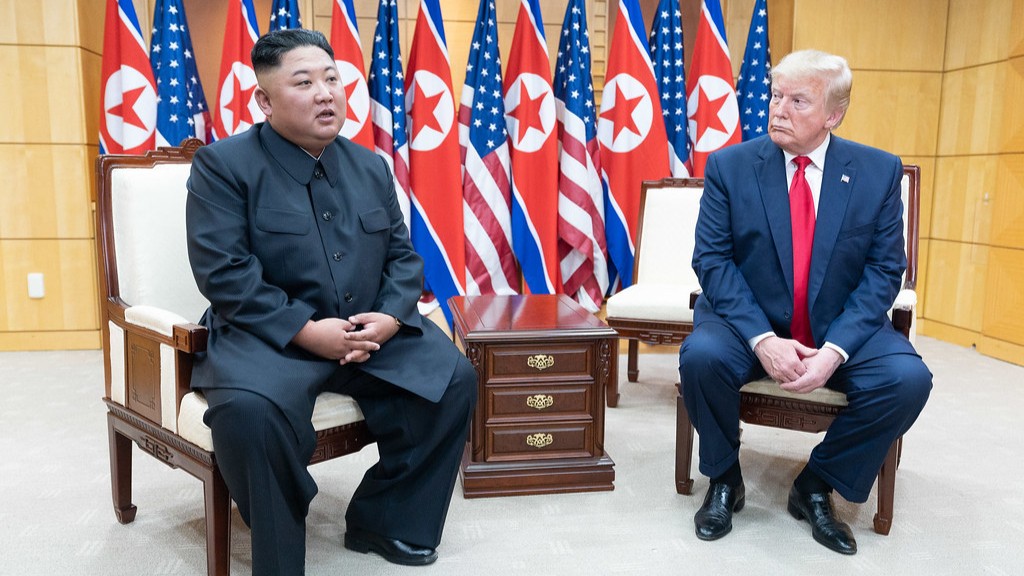When Kim Jong-un took over as leader of North Korea in 2011, he inherited a country that was in economic trouble and facing international criticism over its human rights record. Kim Jong-un has ruled North Korea with an iron fist, using brutal methods to suppress any dissent and keep the population in line. He has also continued his father’s policy of developing North Korea’s nuclear arsenal, despite international condemnation. This has led to increasing tensions with the US and its allies, and North Korea now faces the prospect of further sanctions and even military action. Despite his hardline stance, Kim Jong-un has also sought to improve North Korea’s relations with the outside world, and in 2018 he held a historic meeting with US President Donald Trump. It remains to be seen what the future holds for North Korea under its young leader.
Kim Jong Un is the supreme leader of the Democratic People’s Republic of Korea, commonly known as North Korea. He is the son of Kim Jong Il, who ruled North Korea from 1994 until his death in 2011, and the grandson of Kim Il Sung, North Korea’s founder and first leader.
How is North Korea ruled?
The North Korean political system is built upon the principle of centralization. The constitution defines North Korea as “a dictatorship of people’s democracy” under the leadership of the Workers’ Party of Korea (WPK), which is given legal supremacy over other political parties. The WPK controls the government and the media, and operates through a system of patronage and clientelism. The government is highly centralized, with power concentrated in the hands of the WPK leadership. The country is divided into provinces and municipalities, each of which is controlled by a provincial or municipal party committee. The WPK is the only party allowed to operate in North Korea, and all citizens are required to be members. The party controls all aspects of life in the country, and its policies are implemented through a network of party and government organizations.
The DPRK government continues to commit numerous and serious human rights abuses, despite international condemnation and calls for reform. These abuses include unlawful or arbitrary killings, forced disappearances, torture and other cruel, inhuman or degrading treatment or punishment, harsh and life-threatening prison conditions, and arbitrary arrest and detention. Political prisoners are particularly vulnerable to human rights abuses, and are often subject to forced labor, beatings and other forms of mistreatment. The DPRK government also restricts freedom of expression, association and religion, and perpetuates discrimination based on gender, family background and social status.
How is power distributed in North Korea
The WPK now has full control over the government and the Local People’s Committee (LPC) with regard to local economies and administration. This has been the case since North Korea’s inception in 1948. The Cabinet is now able to supervise and control the LPC to ensure that the local economy and administration are run efficiently and effectively.
The land reform of 1946 was a major turning point in North Korean history, as it effectively broke the power of the landed class and redistributed the bulk of agricultural land to the poor and landless peasant population. This had a profound impact on North Korean society, which is still felt to this day.
Can North Koreans leave legally?
North Korean citizens usually cannot freely travel around the country, let alone travel abroad. Emigration and immigration are strictly controlled.
Physical isolation is the practice of keeping people apart from each other in order to prevent the spread of disease. It is most often used in the context of infectious diseases, but can also be used to prevent the spread of other types of diseases.
Why are US citizens not allowed in North Korea?
If you are thinking about traveling to North Korea, the US Department of State strongly advises against it. There is a continuing serious risk of arrest and long-term detention of US nationals, and the situation is made even more dangerous by the fact that there is no diplomatic protection available in North Korea. So if you do choose to travel there, please exercise increased caution.
When travelling to North Korea, it is important to be aware of the country’s strict laws regarding what you can bring into the country. Items such as religious books, pornography, or political materials are all illegal and should not be brought into the country. All published materials and electronic devices must be declared upon arrival, and it is also illegal to knowingly or unknowingly possess items that breach North Korean law.
What happens if you commit a crime in North Korea
Though it is not common, some criminals convicted of serious crimes are executed. This is usually done by firing squad and is more common in countries with authoritarian regimes.
The Democratic People’s Republic of Korea (DPRK or North Korea) is an authoritarian state led by the Kim family for 70 years. The government controls all aspects of life and there is little to no freedom for the people. Conditions are very poor, with little food and no medical care. The people are also constantly at risk of being arrested and sent to prison camps.
What kind of dictatorship is North Korea?
North Korea is a dictatorship with a cult of personality around the Kim family. While it does hold elections, they have been described by independent observers as sham elections. Article 1 of the state constitution declares North Korea to be an “independent socialist state”, however, North Korea is anything but independent or socialist.
As of 2022, North Koreans will only be able to access the internet through Kwangmyong, which is operated by the government. This means that ordinary citizens will not have access to the global internet. Only a small number of North Korean elites will be able to access the internet globally.
Is North Korea a poor country
The North Korean government has complete control over all monetary exchanges, causing the economy to remain stagnant. This lack of competition between businesses has resulted in widespread poverty in North Korea. The totalitarian regime has been widely criticized for its poor governance, which has contributed to the country’s economic woes.
This is a fascinating article and it’s interesting to see North Korea’s state media admitting to corruption within the country. It’s clear that Jang Song-thaek was executed because of his involvement in corruption, and it will be interesting to see how this affects North Korea’s relationships with other countries.
Why is North Korea Communist?
Since the end of economic aid from the Soviet Union after its dissolution in 1991, North Korea has had to nominally uphold Communism, but has replaced it with a more practical ideology. North Korea’s economy slowed down in the 1980s, and this trend continued into the 1990s. However, the North Korean government has been able to maintain control over the country and its people.
– North Korea has up to 7 million cell phone users
– WiFi networks have expanded sharply in recent years
– Mobile devices are increasingly becoming a key tool for market activity in the isolated country
Final Words
Kim Jong-un rules his country with an iron fist. He does not tolerate dissent or criticism, and anyone who does not agree with his policies is swiftly dealt with. He has used violence and intimidation to keep the people of North Korea in line, and his regime is one of the most repressive and closed off in the world.
Kim Jong-un is the third and current leader of North Korea who succeeded his father, Kim Jong-il, in 2011. Jong-un totalitarian dictatorship has been characterized by a series of purges and executions to consolidate his power and eliminate any potential threats. Under Jong-un, North Korea has continued its nuclear weapons and ballistic missile programs in defiance of international condemnation and UN sanctions. Despite his brutality, Jong-un has managed to maintain his grip on power and keep the country stable.
